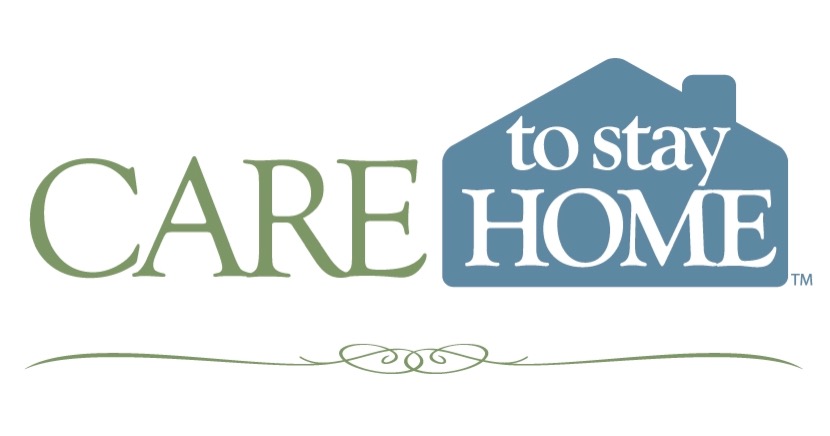07 Dec Dementia or Some Other Cause?
I had the pleasure of spending the past week with my grandchildren, ages 1 and 3 as they visited for Thanksgiving. Having small children around the house again can be an eye-opening experience when one has not experienced this for a few years. There are moments of happiness, moments of sadness, moments of anger, moments of terror and moments of I don’t know what is happening. The mood and behavior of little children change drastically with temperature, comfort, pain (doesn’t take much), hunger, loneliness, happiness, sadness, acceptance, rejection, and the list goes on. When small children have these mood changes, their reaction is usually one of unpleasant cries, with no ability to communicate exactly what they need or want. We accept these changes as part of their make-up and usually try and satisfy them with food, love and comfort.
By contrast, we respond to adults that cannot communicate their needs in an entirely different way. We call their response to unknown stimulus “behaviors”. This infers that what is happening is a choice and they are acting in an unacceptable way to society – to be blunt, we think they are “being bad”. Every human being at one point in time will probably stub a toe, or at least hurt their foot by stepping on something sharp. When one does this, the reaction is usually a load scream, shirk, cry, or otherwise yell. Do we call this bad? Do we call this a “behavior”?
I spend a great deal of my time assessing seniors for the need for care. Most of these individuals have some level of memory loss. From time to time, I hear individuals describe their loved-ones “behaviors,” and I shirk as I hear the word, as it is usually associated with some type of Dementia and blamed on the Dementia. “My wife swore at me for the first time!” “My husband struck me, and this is not who he is!” “My mother is acting out and cannot be trusted.” How do we know these people didn’t just stub their toe and have no ability to communicate it?
Susan Macaulay wrote an article for “My Alzheimer’s .com” identifying over 100 causes of discomfort among people that may be the actual cause of these “so called behaviors”, instead of the Dementia diagnosis itself. Her research began with the research of Dr. Jiska Cohen-Mansfield of the Herczeg School of Health. Here some of those potential causes. As you read them, think to yourself, “would any of these cause me to change my behavior, my mood, my attitude, my day?
- feeling tired or sleepy
- sitting for too long
- being restrained
- inadequate lighting
Physical discomfort (33)
- pain
- constipation
- incontinence
- forced incontinence (needing help with toileting, but no help available)
- being wet / soiled
- being assaulted
- being neglected and/or abused
- feeling hot
- feeling cold
- fatigue
- exhaustion
- hunger
- thirst
- breathing difficulties
- hearing problems
- vision problems
- sensory issues
- reaction to food (e.g. caffeine)
- stomach upset
- being restrained
- dry skin
- itchiness
- poor diet
- malnutrition
- ill-fitting clothes
- insufficient bathing
- lack of exercise
- weakness
- illness (e.g. various infections including UTIs)
- inability to verbally communicate (e.g. aphasia)
- being denied touch
- unmet sexual needs
- experiencing the side effects of medications (e.g. risperidone, quetiapine,) and/or polypharmacy
Psychological discomfort (36)
- fear
- confusion
- frustration
- boredom
- loneliness
- shame
- depression
- despair
- hopelessness
- grief
- loss
- humiliation
- isolation
- lack of love
- lack of attention
- feeling out of control
- feeling incompetent
- feeling unheard
- feeling worried
- feeling panicky
- feeling powerless
- being a “stranger in a strange land”
- being restrained/denied one’s freedom of movement or voice
- being told what to do
- being neglected
- being abused
- not getting to do what one wants
- too much stimulation
- too little stimulation
- too much routine
- too little routine
- life changes
- being purposeless
- being denied pleasure and play
- anxiety (resulting from all of the above and below)
- feeling angry (resulting from all of the above and below)
Social discomfort (16)
- having strange people all around
- being in close quarters with others
- being isolated
- being punished
- being ridiculed
- being bullied
- too much social stimulation
- too little social stimulation
- forced activity
- forced inactivity
- being denied access to loved ones
- being patronized
- being infantilized
- being shamed
- being embarrassed
- being forced to interact with people one doesn’t like
Environmental factors (16)
- noise
- unknown sounds
- loud sounds
- radio / television
- too much light
- too little light
- heat
- cold
- clutter
- uninteresting surroundings
- unfamiliar surroundings
- change in surroundings
- being confined to a small space
- being confined indoors
- stale air / lack of ventilation
- lack of sun
Ref: https://myalzheimersstory.com/2017/11/25/101-potential-causes-of-behaviours-by-people-living-with-dementia-that-institutional-care-staff-may-find-challenging/


